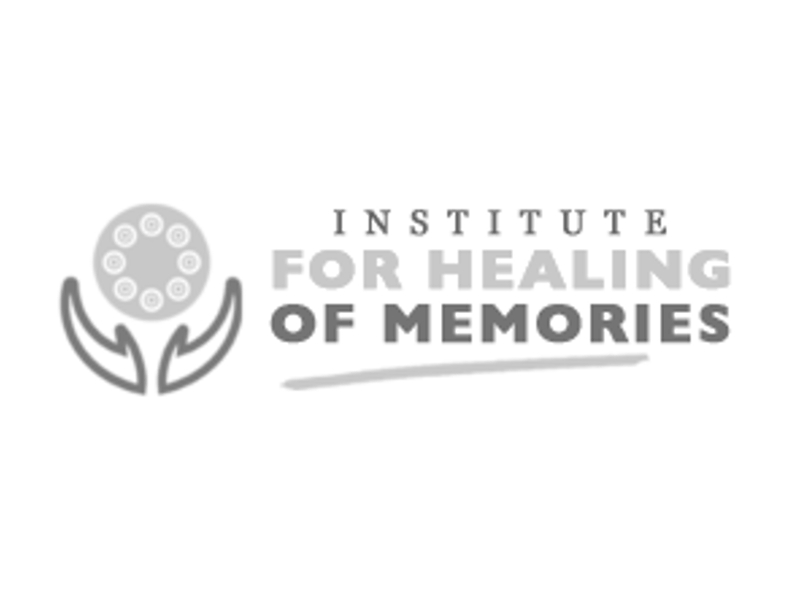The Institute for Healing of Memories and its Approach to Group Trauma Treatment
This individual presentation (ideally 45 minutes in length if possible) will include the presentation of a paper (overview below) focusing on the Institute for Healing of Memories, Cape Town and its trauma workshop, a 15-minute DVD presentation of excerpts from a workshop, and a questions/answer and comments session. Its purpose is to expose individuals interested in trauma treatment to an innovative group procedure that has been used successfully in a variety of international settings and with a diverse range of client groups. It will also raise the question of community treatment for sub-clinical trauma survivors.
The Institute for Healing of Memories, Cape Town, was founded in 1998 as a parallel process to South Africa's Truth and Reconciliation Commission. Its Director Father Michael Lapsley, an Anglican priest and anti-apartheid activist, was himself the victim of apartheid violence, having lost both hands and the sight in one eye in the explosion of a letter bomb sent by agents of the apartheid government. By walking his own path towards healing -- physically, emotionally, and spiritually, and by listening to the stories of survivors whom he counselled as a member of the Cape Town Trauma Centre, he realized the importance of developing an intervention strategy that would allow South Africans to address the painful memories and traumatic effects of the nation’s past. The result was the Healing of Memories workshop, an intensive two and one half day experiential and interactive group experience, based on narrative therapy, expressive arts, intensive personal sharing and mutual witnessing, and a didactic model of recovery after trauma. The approach has been successfully adapted to work with victims of war and genocide, HIV patients, refugees, incarcerated prisoners, youth, and inter-ethnic reconciliation, across South Africa and internationally.
The workshop is constructed around the metaphor of a journey and psychological movement from past to present to future. Through expressive arts processes, participants focus emotionally on past traumatic history and are guided through storytelling by facilitators in small groups. Group members are invited to offer reactions after each story is shared. Participants then gather together to explore themes that emerged in the storytelling process. These are discussed and related to an identification of inner resistances that block participants from moving forward in their life process, and key themes such as restorative justice, forgiveness, reconciliation, and self-care are introduced. Expressive arts exercises and rituals are then introduced to help participants: envision future actions, alternatives and life changes, remember and honor those who have been lost, and divest themselves of self-defeating attitudes and behaviours. Together, participants plan and carry out a final ritual of celebration (including written word, drama, music, dance) that encapsulates and summarizes what they have experienced and learned, inner changes that have taken place and relationships that have developed. A process of leave taking and saying goodbye ends the process.
A safe and respectful atmosphere and container for the workshop is created through cultural sensitivity and respect, a non-hierarchical structure in which facilitators participate personally in all activities, trainer roles involve facilitating and deepening the emotional experiences of participants rather than therapeutic intervention, and a careful enumeration and discussion of ground rules and issues of safety. Reunions of workshop participants are planned one to two months post experience, during which impact of the workshop is discussed, changes in participant life courses enumerated and continuing goals for change into the future described.

